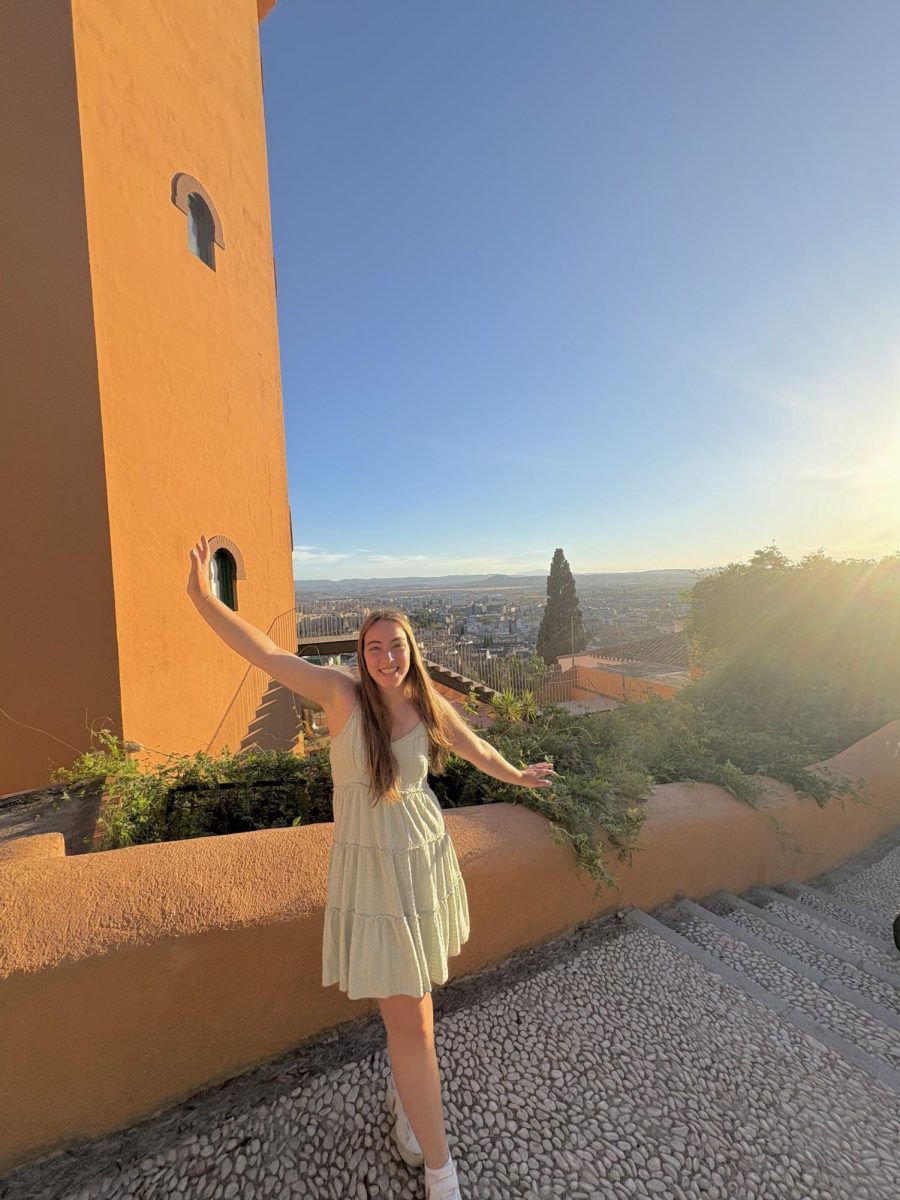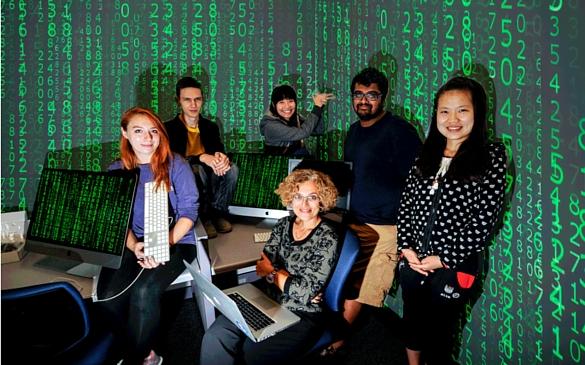By: Katie Sanders, Staff Writer
The Wofford College hacking team has competed in its first competition, and is on its way to becoming an official academic club. The WoHackers finished fifth in their bracket of 32 teams. Five students finished the entire competition.
Dr. Xenia Mountrouidou, who is new to the Computer Science department this year and oversees the hacking team, says they will spend the spring semester training.
“Next year we’re trying for number one in our league. That’s why we’re training.”
The competition has three parts. The first part is called capture the flag, because it involves finding a single piece of information. The second part is individual games, so the students solve problems on their own for four hours. The final part is done as a team. When competing, the WoHackers call themselves Revenge of the Terriers, so the other teams won’t know what school they’re from for security reasons.
“We have a lot of students showing up. If a student wants to join, it’s completely open. Someone with no experience may want to think about an introduction to programming class, but that’s not a definite prerequisite. We want to be completely inclusive. Someone can also come to learn, and they don’t have to compete.”
This semester they will compete in a forensics competition, which is different than what they did last semester. So far 10 students have registered, and they will work in teams of two. In this type of competition, the students are given information to analyze.
The hacking team isn’t the only thing new in the Computer Science department. The National Science Foundation recently awarded Wofford a grant for devising cyber security curriculum specifically for liberal arts colleges. The goal is to take a more interdisciplinary approach to the field of computer science.
Mountrouidou explains, “One major part of the grant is adding more non-technical majors to the field. Right now the field of cyber security is not just made up of computer scientists. It could include a humanities student who understands human nature, or a psychology student that can understand the psyche. A government policy major could also take some courses related to the program. All of this relates- economics, risk analysis, accounting, etc.”
The hope is that Wofford will set an example for other liberal arts schools that want to better incorporate computer science.
“Another important part of the grant is to disseminate to other liberal arts institutions. It won’t be helpful if only we do it. We’re going to have workshops and invite people from Davidson, Elon and other institutions who are interested in adopting some of the curriculum.”
If everything goes as planned, in the end the only addition will be a concentration in cyber security. The department will stay the same. The new curriculum will ramp up classes that are already offered, so that they become more experiential and discovery based.
“The excitement of the students about all these changes shows, because they show up after 5:00 p.m. for the hacking team. I’m also teaching an upper level security class right now that has seven students, which is huge for our department. The faculty has embraced it well, and we’re working together. Our chair is also very supportive. It’s an exciting time for the students and for us.”


























